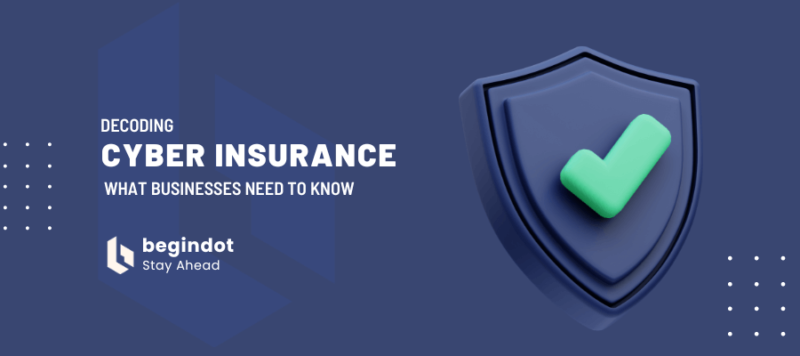Online businesses are among the most thriving businesses in the world today. This has led to more people investing in these types of businesses. However, most of them do not know whether they need to set up an LLC to run their online businesses or not.
The truth is that an online business can grow fast and make profits, especially because people are starting to shop online more than they used to before. However, these kinds of businesses come with a significant amount of risk.
So, do you need to set up an LLC to run your own online business? Well, this might be one of the best options for entrepreneurs who want to protect their assets from those of their businesses.
Learning More About LLCs
An LLC (Limited Liability Company) is an American business structure that offers protection against personal liability for business owners. It also comes with pass-through taxation for partnerships and sole proprietorships.
Setting up an LLC is one of the best ways for entrepreneurs to protect their personal assets in a situation where their businesses make losses or are sued. This makes understanding LLCs and how they operate important before you set up one.
An LLC can have one or more owners. The owners of an LLC are referred to as LLC members. A single-member LLC is owned by one person while a multi-member LLC is owned by more than one person.
So, why should you consider setting up an LLC for your online business?
Offers Tax Flexibility
An LLC is not required to pay taxes on its own. Instead, profits or losses earned by the business are passed to the business owners. They are supposed to file these taxes when filing their personal tax returns.
This is the reason they are often referred to as pass-through business entities. A single-member LLC is taxed like a sole proprietorship. The IRS calls them disregarded entities. You will be required to pay the business income tax at the same rates as your own tax rates.
Multi-member LLCs, on the other hand, are taxed like partnerships. Every member files their own tax returns through Form 1040. They pay taxes depending on the share they get from the business’s profit or loss. Taxes are paid at individual rates.
20% Pass-Through Deduction
Setting up an LLC to run an online business qualifies you for a 20% pass-through deduction. This deduction was enacted in 2018 and will remain in effect till 2025, not unless a review is done before then.
The pass-through deduction allows owners of an LLC to make deductions of up to 20% on their income tax based on the net income of the LLC. A pass-through business, such as an LLC, is a business whose profit or loss is passed to the business owners.
For instance, let us assume that the net income of your online business in a particular year is $200,000. You will be eligible for a deduction of up to $40,000 when paying income taxes. However, this might depend on certain annual thresholds.
Limited Personal Liability
Did you know that setting up entities such as sole proprietorships for your online business means that you are the same with the business? This, in turn, means that you have unlimited liability for things such as debts and legal liabilities.
As your online business grows, you may find yourself in a situation where it has to satisfy legal obligations, judgments, or unpaid debts. Here, your personal property or bank accounts might be used. You might end up losing things you have worked so hard for.
Fortunately, an LLC protects you from all these. It gives you a limited liability. With limited liability, you are not responsible for your online business’s debts, not unless you have guaranteed them. The assets owned by your business will be used in case the need arises.
The Downside? More Fees and Taxes
The only downside you need to be aware of when forming an LLC is state fees and taxes. It might end up costing you more to run your online business as an LLC compared to a sole proprietorship.
However, these costs might vary from one state to another. You, therefore, need to evaluate them depending on where you are forming your LLC. Some fees such as annual renewal or registration fees and franchise tax imposed on LLCs might be high depending on your state.
That notwithstanding, there are many benefits of setting up an LLC to run your own online business. Understanding these benefits is important before you get started.










